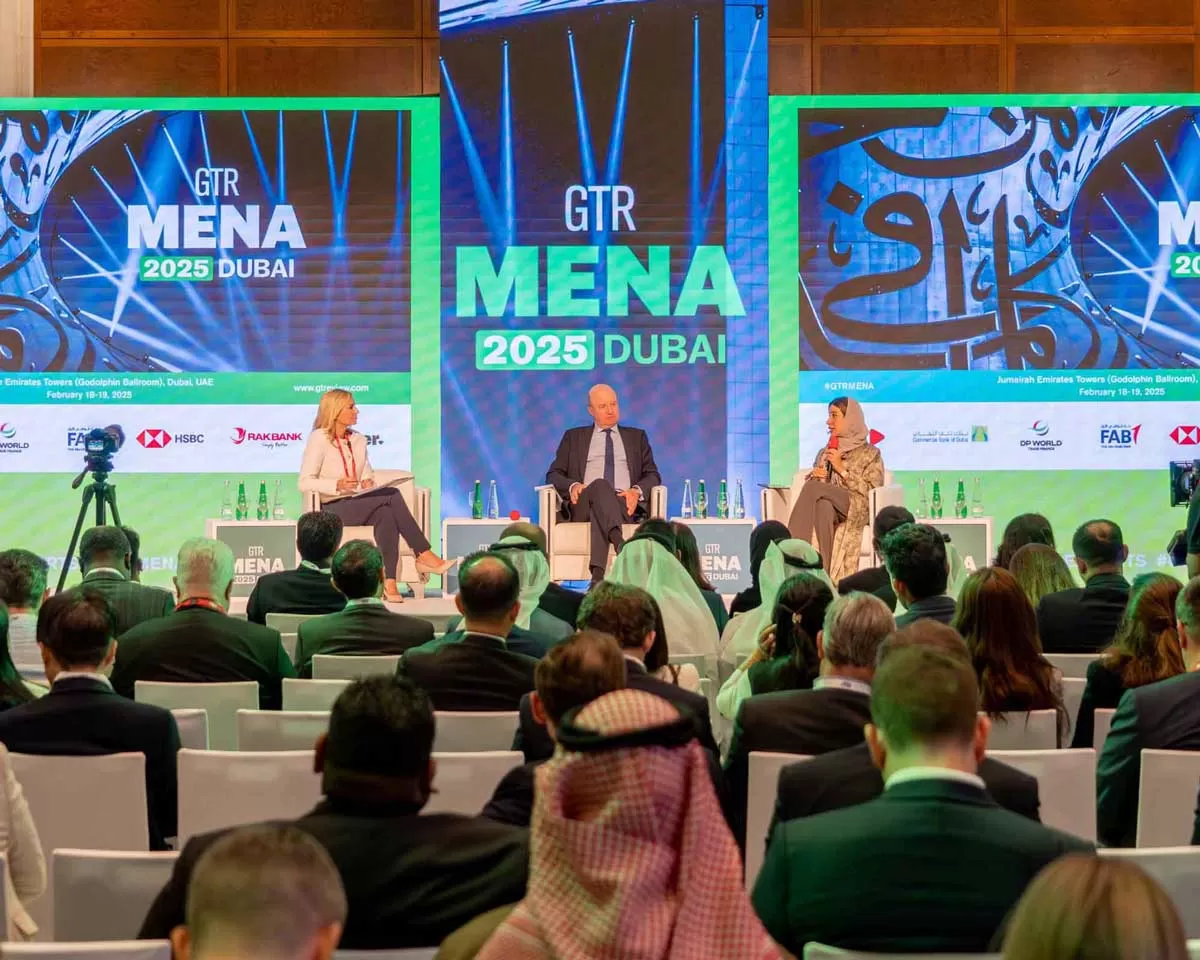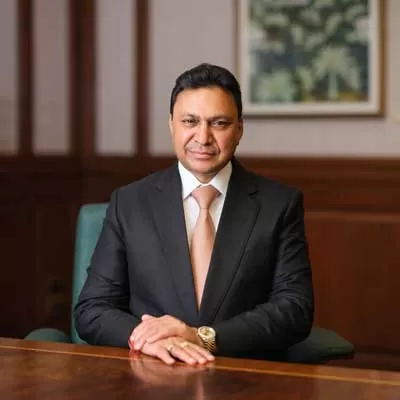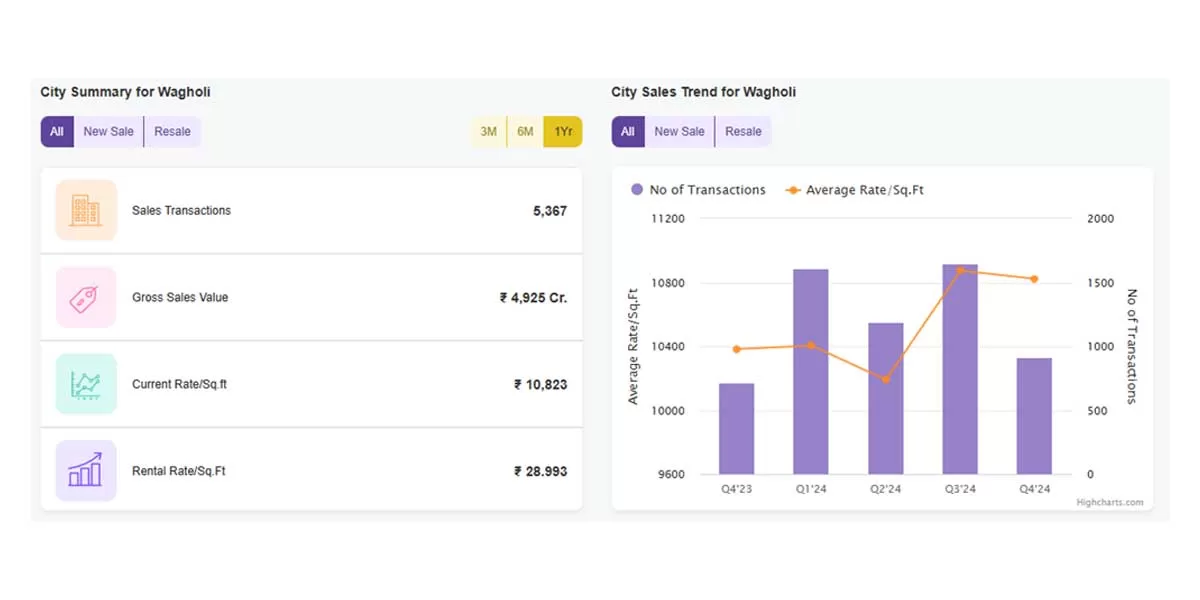Etihad Credit Insurance (ECI), the UAE’s Federal export credit company, highlighted the substantial role of the exports sector in driving sustainable development and boosting economic diversity and sustainability. The company also reiterated its role in empowering export, re-export and non-oil foreign trade of UAE-based companies, further strengthening the competitiveness of locally manufactured goods and facilitating their entry to international markets.
This comes as part of its participation as a strategic sponsor at the 25th edition of the GTR MENA. During the event, which was held on February 18 and 19, 2025 at Jumeirah Emirates Towers in Dubai, ECI exhibited its advanced credit services at a dedicated pavilion and launched various initiatives designed to support the country’s manufacturers and exporters. The company also highlighted its innovative credit solutions designed to boost the global and regional competitiveness of local companies.
In the first half of 2024, the UAE’s non-oil GDP grew by 4.4% year-on-year, reaching AED 660 billion. The non-oil sector contributed 75% of the country’s total GDP, while ECI’s total credit coverage reached AED 11 billion. ECI supported local exporters across 17 sectors in 110 markets and maintained its ‘AA-’ (very strong) Fitch rating for the seventh consecutive year, reflecting growing confidence in its financial solutions and its expanding role in export and foreign trade.
During the event, H.E. Raja Al Mazrouei, CEO of ECI, participated in a session titled ‘Leadership, Innovation, and Sustainability: Empowering Economic Growth.’ The session focused on the crucial contribution of small and medium-sized enterprises (SMEs) to global trade, highlighting their role in fostering innovation, generating employment, enhancing trade dynamics and promoting economic diversification. During the session, she highlighted the UAE’s progressive approach to nurturing economic growth and diversification by creating a supportive environment for SMEs. This is further reinforced by flexible regulatory frameworks, growth-oriented policies, advanced infrastructure for business development and the UAE’s ambitious goal to become a global industrial hub by 2031 through the UAE’s industrial strategy ‘Operation 300 Billion.’
Furthermore, H.E. Al Mazrouei underscored the key role of non-oil trade in the UAE’s economy, with the sector contributing approximately 75 per cent of the overall GDP. She explained that the UAE’s collaborations and partnerships, which include comprehensive economic partnership agreements (CEPAs), have played a crucial role in facilitating seamless market access for SME products. She further highlighted the critical role of innovative credit solutions, trade easing initiatives enhancing of export, streamlining of logistics region and the joint efforts between the public and private sectors in strengthening non-oil exports, re-exports and foreign trade for UAE-based companies.
The event also underscored the need for enhanced communication and collaboration among organisations and industry stakeholders to develop capabilities and enhance trade, imports and exports at both local and global levels. The key focus was on strategic planning to follow a progressive approach that efficiently addresses challenges and shapes a dynamic future. During the sessions, experts stressed that collaborations among key players of the international trade ecosystem, including financial organisations, exporters and importers, are essential for achieving sustainable growth. They highlighted the significance of establishing channels for exchanging expertise and knowledge to enable businesses, particularly SMEs, to overcome barriers in accessing global markets.
The GTR MENA event featured over 80 speakers and 45 presenters, exploring a wide range of topics, including the impact of digitalisation on the future of trade finance, the role of financial technology and innovations, and regulatory frameworks designed to address challenges such as supply chain resilience and bridging gaps in trade finance. Additionally, discussions covered the role of institutional investors in boosting liquidity, meeting supply chain finance demands, and supporting regional economic diversification, particularly in the GCC region and Africa. The event also delved into digital advancements, investment strategies and strategic collaborations that contribute to a more flexible and efficient global trade landscape.


















